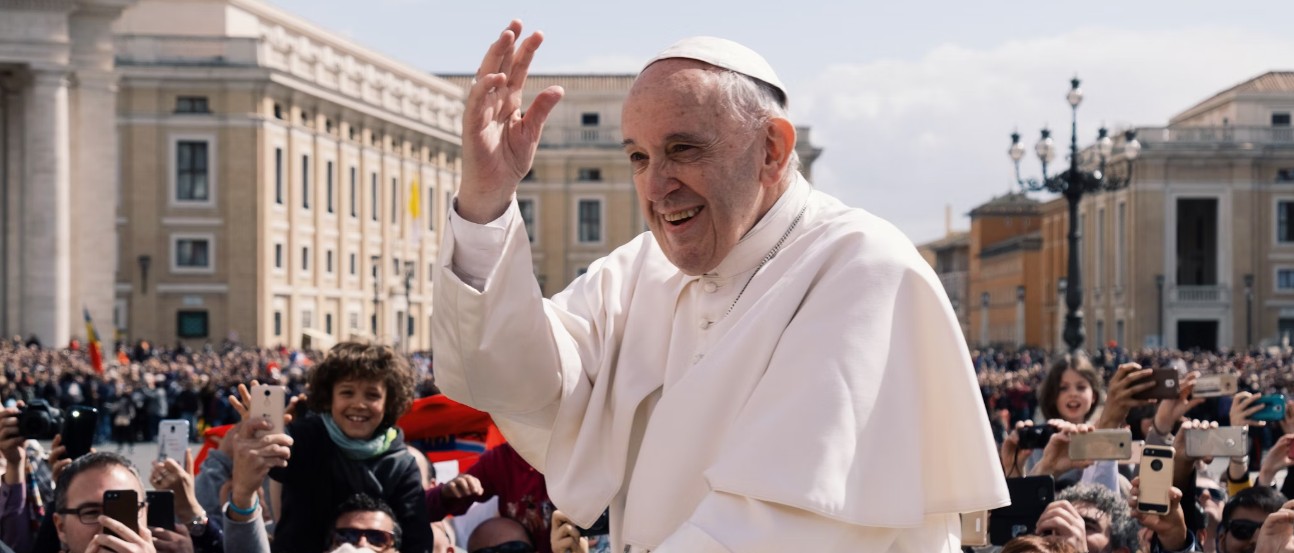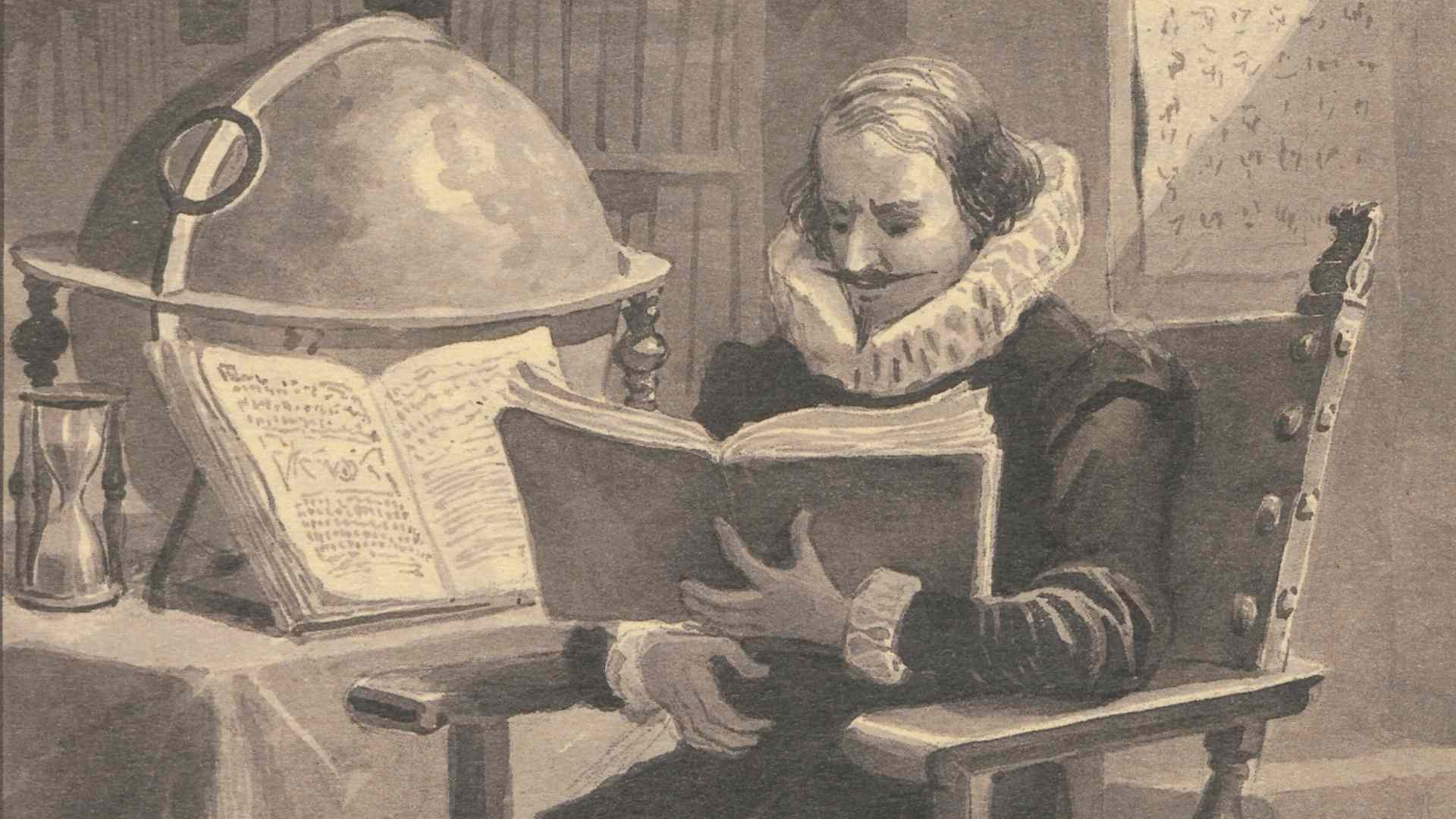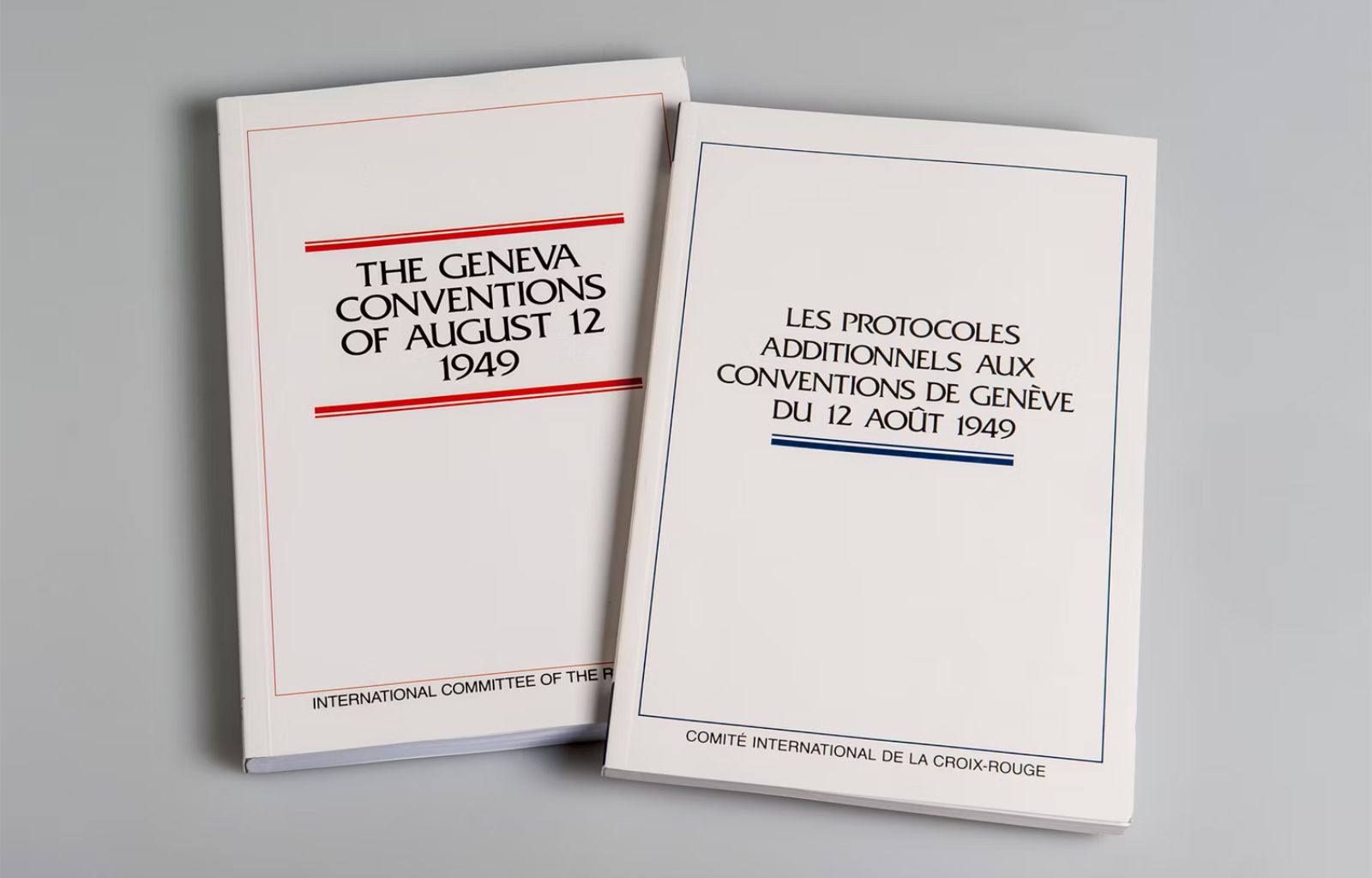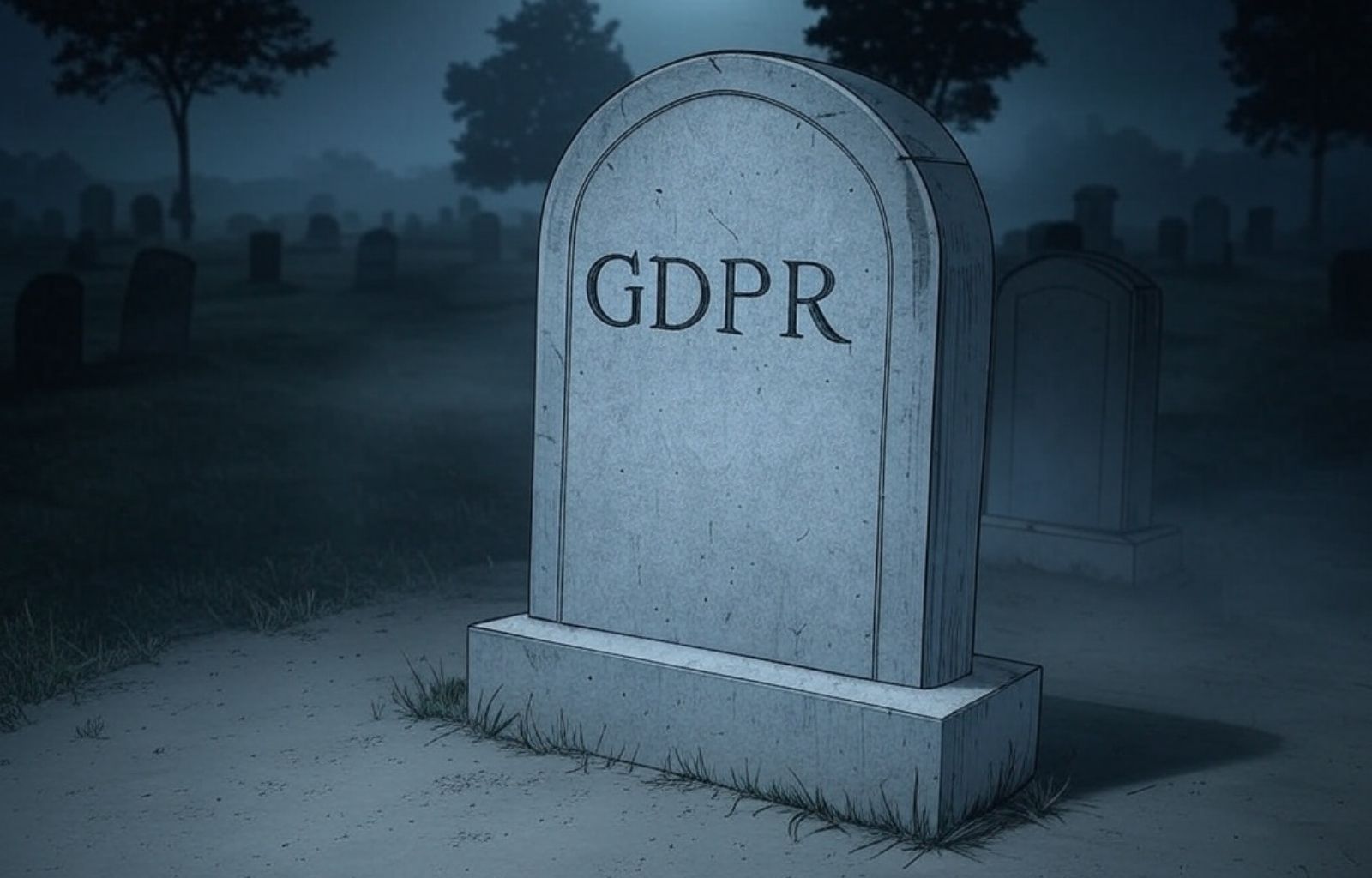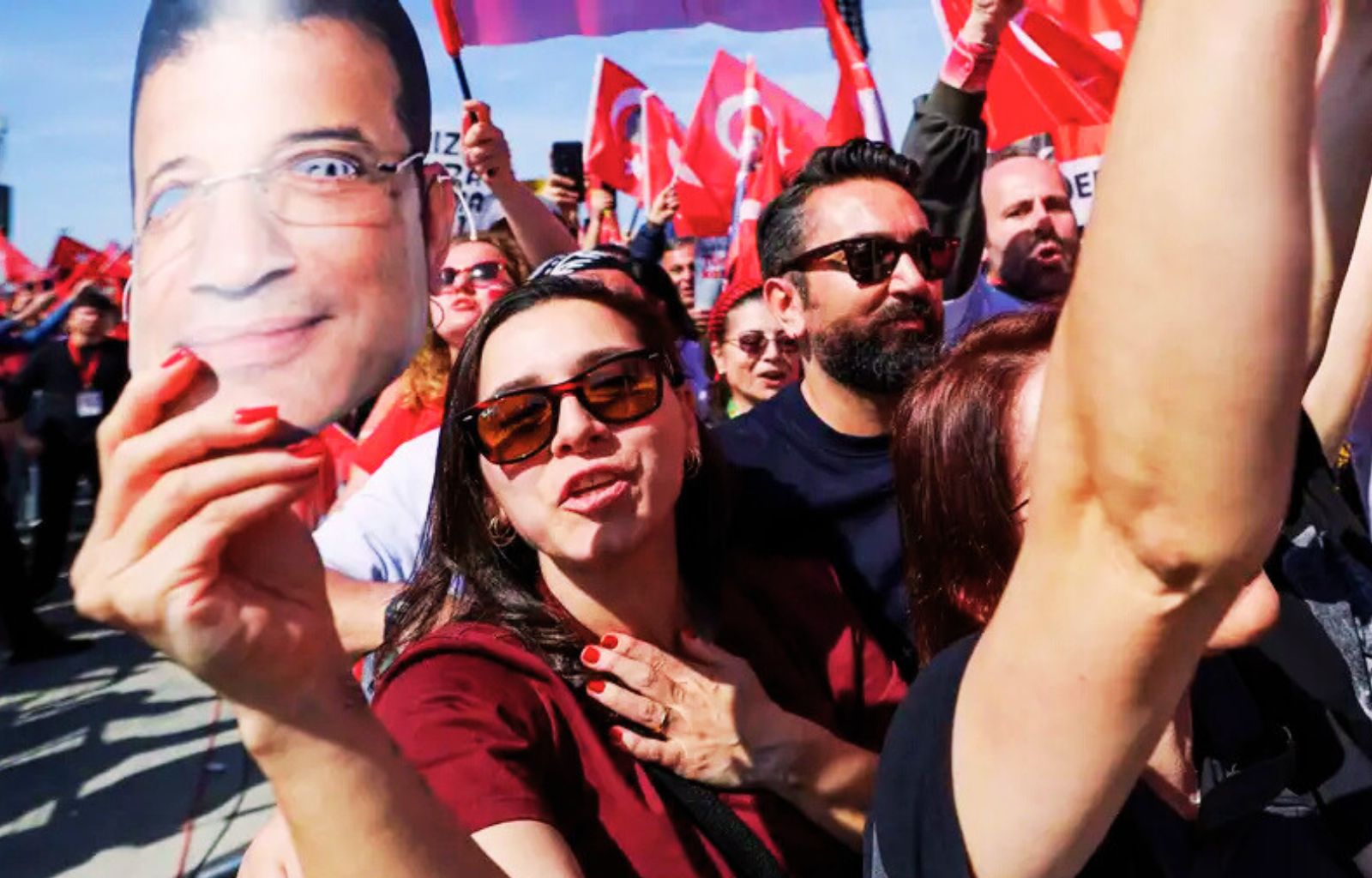FOCUS: Guide to the German elections 2025
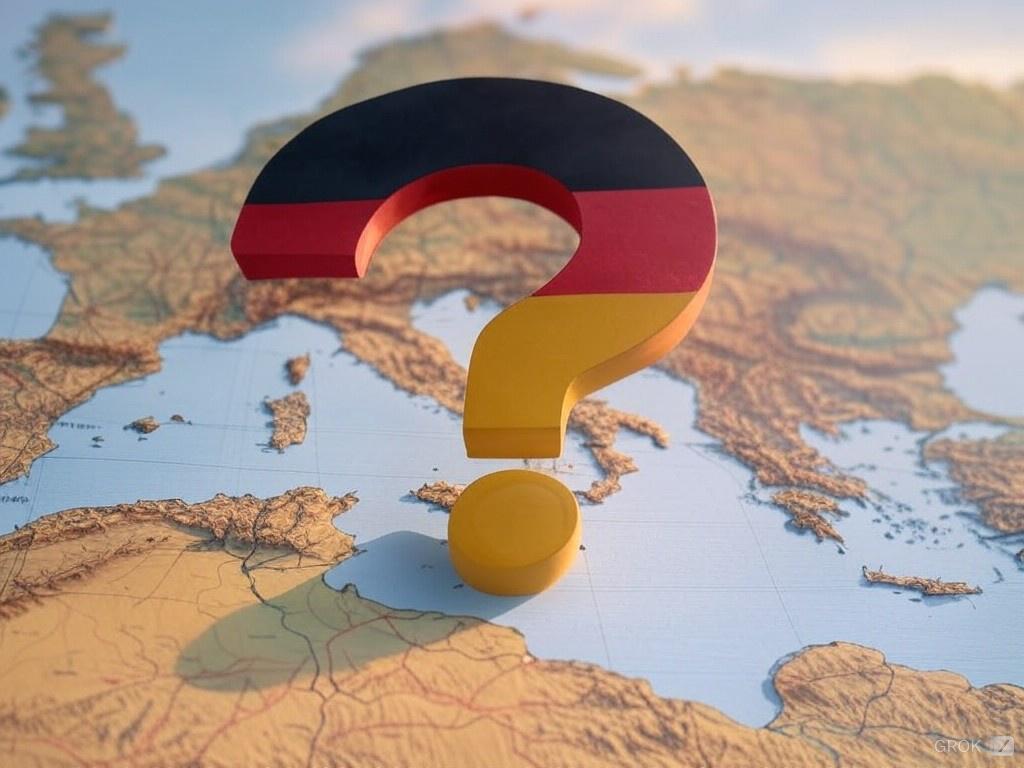
A crucial junction for Europe
Germany’s crisis
On 27 December, German President Steinmeier officially dissolved the Bundestag and called new elections for 23 February 2025, following the lack of confidence in Olaf Scholz ‘s government on 16 December.
The Federal Republic of Germany, which until a few years ago was referred to as the ‘Locomotive of Europe’, is facing a deep political, economic and social crisis, and seems to have lost its role as a pivot in the European axis that characterised the EU’s recent political past.
In the aftermath of the war in Ukraine, the economy has stalled, and German politics has been surprisingly unprepared, losing the trust of a large part of the electorate, which is increasingly moving towards extremist positions, mirroring the country’s deep socio-cultural contradictions.
Merkel’s difficult legacy
When Angela Merkel announced in 2018 that she was phasing out of political life, it was immediately clear within her CDU-CSU coalition that the challenge of running the country again would be daunting.
Merkel’s tenure was characterised by strong domestic and continental leadership, driven by a centrist and pragmatically pro-European policy. Merkel governed first with the Liberal Democrats and then, to maintain parliamentary stability, by forming ‘grosse koalition’ executives with the SPD.
The figure of Merkel was a political stabiliser in Germany for 16 years, and her exit from the scene created a power vacuum that was difficult to fill.

The 2021 federal elections
The German institutional system is single-chamber, with the government receiving a vote of confidence from the Bundestag.
The electoral law, essentially a pure proportional with a 5% threshold, means that parliamentary alliances must be formed to govern.
The elections on 26 September 2021 saw Olaf Scholz’sSPD narrowly prevail over the CDU-CSU led by Armin Laschet.
Good results for the Greens and the Libdems, at 14.8% and 8.3% respectively, while theAfD obtained 10.8%.
The ‘Traffic Light Government
The ‘Ampel koalition’ (traffic light coalition) was formed, consisting of the SPD, FDP, and Die Grüne.
The coalition’s lack of homogeneity and Scholz’s uninspiring personality raised doubts about its staying power, aggravated by the difficult vaccination campaign and the post-pandemic economic crisis.
Two key events caused the government’s popularity to collapse:
- The War in Ukraine with Russian Gas Sanctions.
- The German Constitutional Court ‘s decision to block extra-budgetary funds of 60 billion in 2023.
The GAS crisis and budget constraints
Russian gas accounted for 55% of German imports in 2021. The war in Ukraine led to the blocking of Nord Stream 2 and the reduction of supplies via Nord Stream 1.
The Scholz government announced energy and rearmament plans of more than EUR 200 billion, but the Constitutional Court declared the extra-budgetary funds unconstitutional, exposing Germany to a deficit of EUR 85 billion.
Election 2025: Conservative, pro-European Merz to lead Germany?
The parties of the outgoing government appear weakened:
- SPD: around 16%.
- Liberals: on the edge.
- Greens: between 10% and 11%.
In contrast, the far-right AfD is growing above 20%.
The designated winner seems to be Friedrich Merz of the CDU-CSU, given over 30%, with a conservative programme, strict on migration management, careful about public accounts, but markedly pro-European.
Only a pro-European conservative could lead Germany out of recession and return it to its role as a European player.
As Henry Kissinger said, ‘Germany is too big for Europe and too small for the world‘.
Europe needs Germany, and Germany needs Europe.


